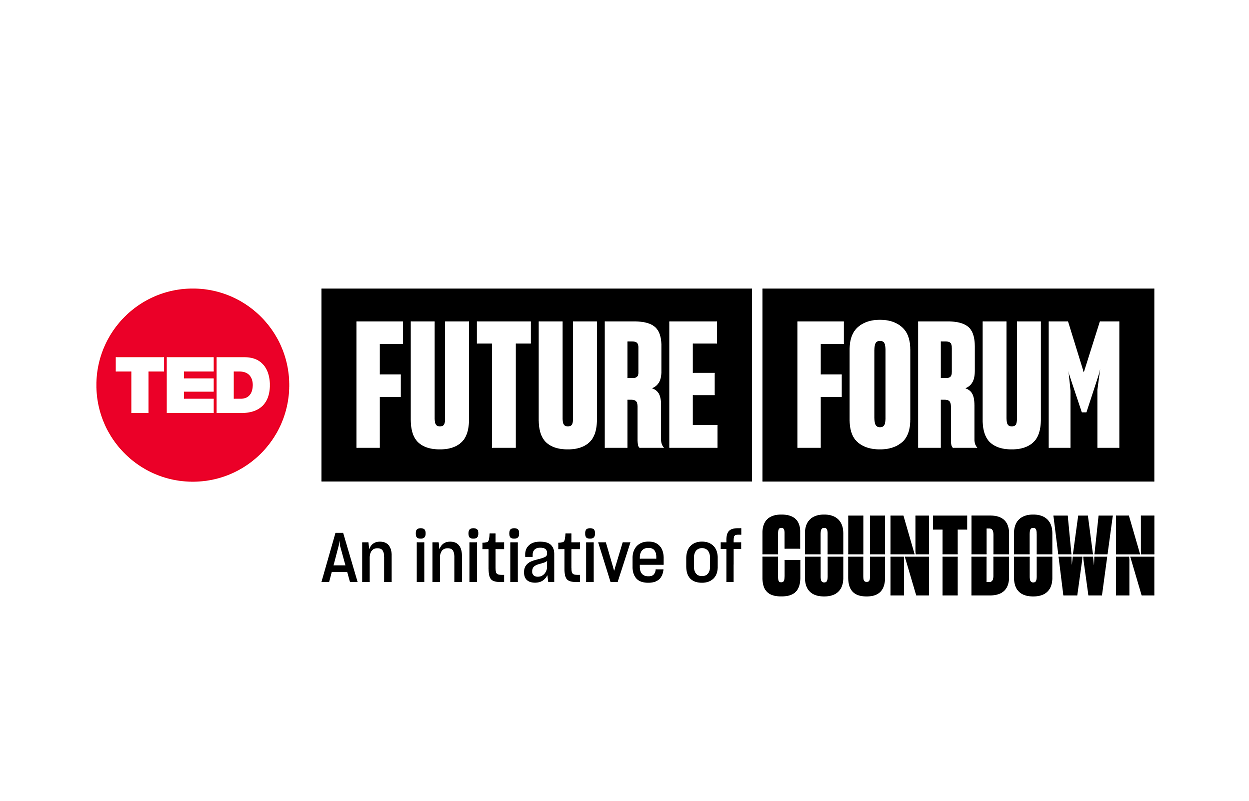Is climate action on the path to exponential change?

Large scale systems change is what we aspire to enable at Leaders’ Quest – and that’s no easy task. The LQ community in London came together recently to spend time with Nigel Topping, a leading light in mobilizing deep systems transformation. We were privileged to have Nigel join us The Conduit to talk about how he has realized huge ambition in his many roles, including that of UN Climate Change High-Level Champion at COP26.
Aside from co-founding Race to Zero and Race to Resilience, Nigel has also joined several of our Quests – as a participant, a host and facilitator! We had a rich discussion, followed by some great questions.
Here are three takeaways which particularly resonated with me:
The path of exponential growth
“We need to stop telling each other how bad a job we’ve done of something in the past, and start believing how brilliant we can be. Act accordingly and set targets for exponential growth.”
While we might feel we have already let down the next generation, we cannot resign ourselves to panic, fear, anger or apathy. Despite the slow pace of change, we can still get on the path of exponential growth so long as we keep going. Exponential growth (change that happens very slowly then very quickly, rather than in a straight line) is well documented. Think of the adoption of electric vehicles or the development of computing power for example. This change happens not because it’s inevitable. It happens because people are working every day to create disruptive businesses, make policy changes, invest in innovative enterprises, raise awareness and campaign for change. We need to keep doing the work because, if we do, we can generate the kind of exponential change which tackling global warming requires.
We need belief in our genius
“Moore’s law is not a law of physics, it’s a law of collective belief in our ability to solve problems.”
The nature of exponential change is that we don’t get to rest! Even when change happens, you need to keep solving problems or else your period of being a leader is very brief. If we believe in our own genius, our collective ability to create change, then facing the biggest challenges of today becomes an exciting agenda full of agency and ingenuity and engineers, policy makers, activists solving one problem after another. We may not be able to solve everything immediately but belief in our genius, that collective belief that we can solve problems, means that we will keep going rather than stop in despair.
Leaning in and letting go
“[Leaning into change] is deeply personal. It’s about identity. People don’t want to be seen as cowardly or stupid. Business people have brands, products, technology, of which they are proud. They don’t want to be told they’re taking it in the wrong direction.”
To lean into individual and collective change, we need to recognise when the signs of exponential change are all around us. Nigel told the story of an automotive manufacturing group that he met on a Quest, and that he’s since worked with to support their journey towards electrification and to being carbon-neutral by 2030. This change has been deeply personal, requiring a mindset change at the individual, organisational and industry levels. Change can be very difficult because it requires letting go of so much: what we know, what we’ve invested in, what has shaped us, what defines us and what we feel comfortable with. However, with the right support this kind of change is possible, and it’s something I’ve witnessed on the Quests we’ve run and in the work LQ’s done with leaders and their teams.
Lastly, on a personal note, I asked Nigel about what he’s leaning into and letting go of. He shared that he’s reflecting on what it means to be a good elder – and how to empower others to lead the change that’s needed.


